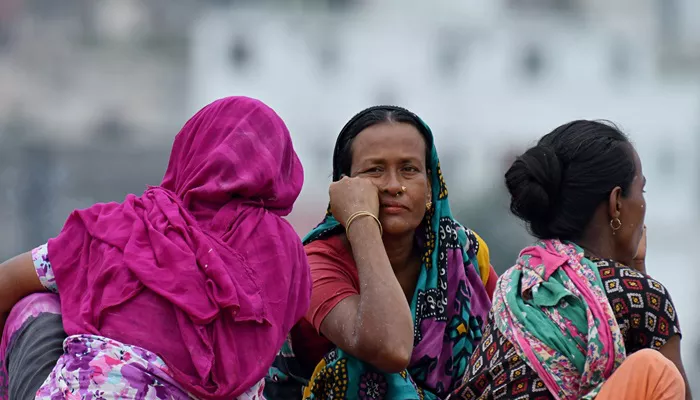On April 18-20, 2025, the United Nations Development Programme (UNDP), through its global Insurance and Risk Finance Facility (IRFF), organized a vital three-day training workshop on Climate and Disaster Risk Finance (CDRF) in Cox’s Bazar. This event aimed to strengthen the capacity of government ministries, financial institutions, specialized agencies, and the UN system in Bangladesh to manage financial risks related to climate change and disasters.
Shifting Towards Anticipatory Climate Finance
Bangladesh, highly vulnerable to climate change, has traditionally relied on emergency aid after disasters strike. This reactive approach has proven to be slow and costly. The training workshop emphasized the importance of shifting to anticipatory planning. This involves integrating risk financing into national budgets and development planning, enabling a more proactive response to climate-induced risks such as floods, cyclones, and droughts.
The workshop participants discussed the use of various financial instruments like reserve funds, contingency credit lines, and insurance to address these risks. A key lesson was the importance of reducing vulnerability through early warning systems, resilient infrastructure, and social protection programs.
Enhancing Coordination and Governance for Effective Risk Management
A central theme of the training was that disaster risk financing cannot be handled by one ministry alone. Effective coordination between the Ministry of Finance, Ministry of Disaster Management and Relief, Ministry of Agriculture, Local Government Division, and the Planning Commission is essential to ensure a timely and effective response to disasters.
Participants were introduced to practical tools such as indemnity insurance, parametric insurance, catastrophe bonds, and post-disaster loans. The workshop also highlighted the Global Shield initiative, which aims to close the financial protection gap for vulnerable countries. Aligning such global mechanisms with Bangladesh’s National Adaptation Plan (NAP) could significantly strengthen the country’s disaster risk finance infrastructure.
Building Financial Resilience through Collaboration and Inclusivity
Interactive group work during the workshop allowed participants to begin developing a tailored Climate and Disaster Risk Finance strategy for Bangladesh. The strategy focused on identifying major risks, mapping institutional roles, evaluating financial tools, and exploring new funding options. The emphasis was on transparency, stakeholder engagement, and establishing robust monitoring frameworks.
A crucial takeaway from the workshop was that building financial resilience requires more than just technical solutions. It necessitates inclusive governance, cross-sector collaboration, and sustained political commitment. Ensuring that financial tools are accessible, rapidly deployable, and capable of providing timely support during crises will be vital in the coming years.
This initiative marks a significant step in empowering Bangladesh to tackle climate and disaster risks effectively, ensuring the nation’s resilience in the face of future challenges.
Related Topics
A Savings and Investments Union to Finance Europe’s Future

